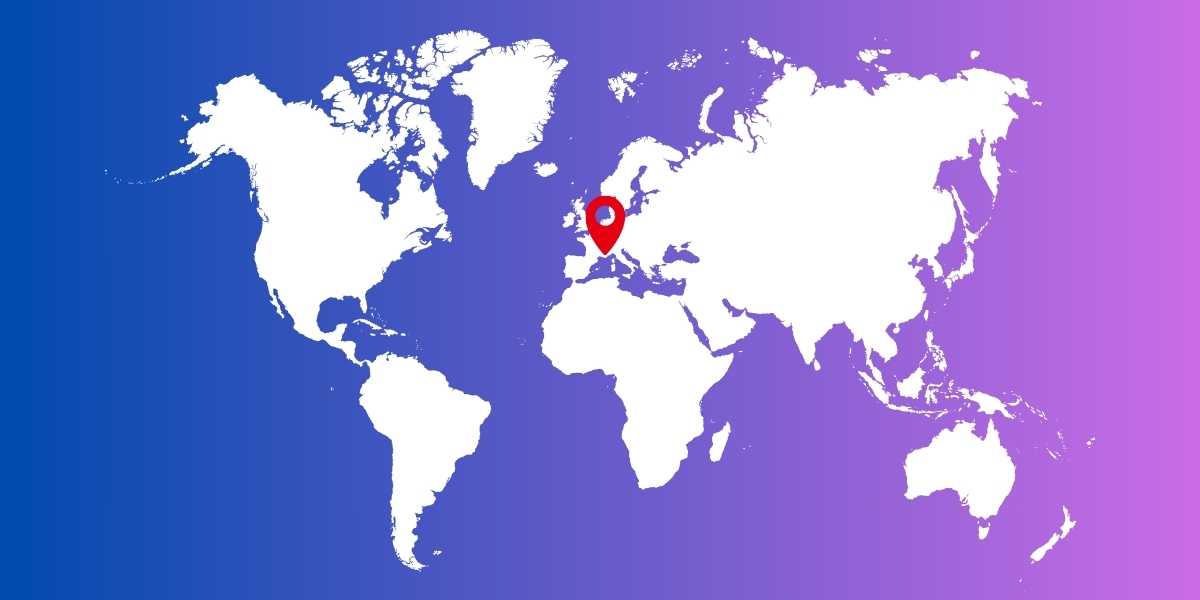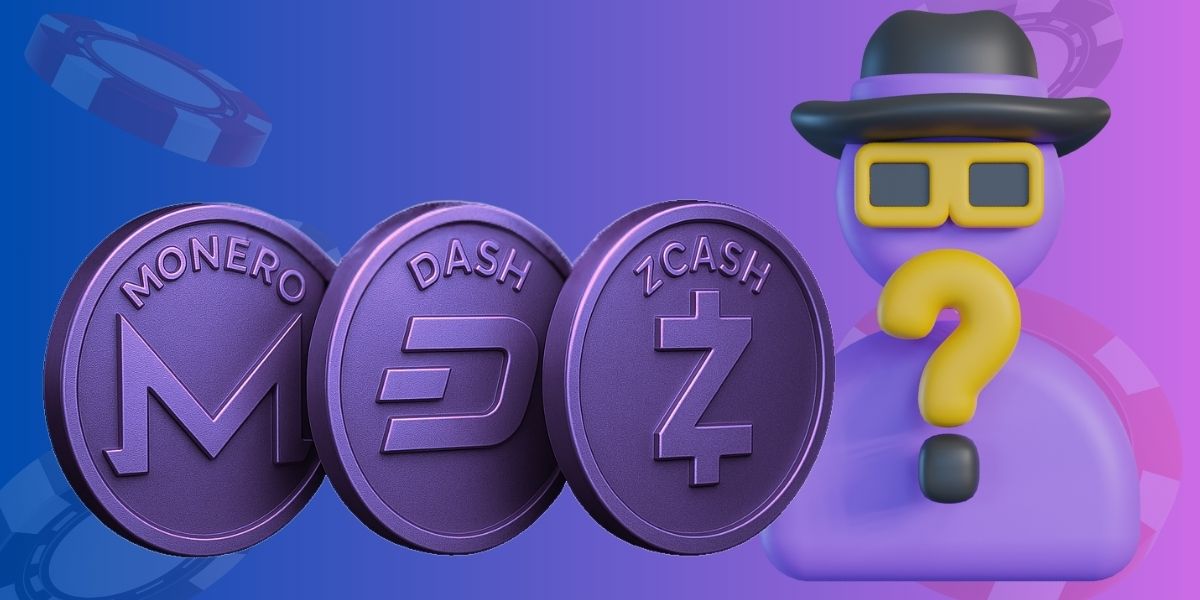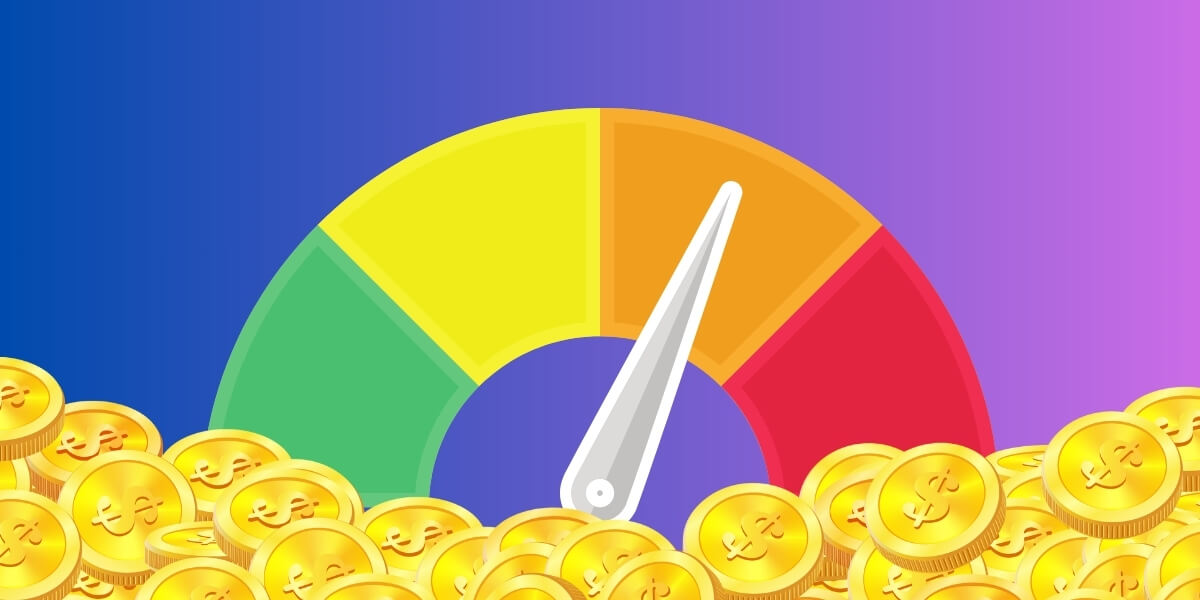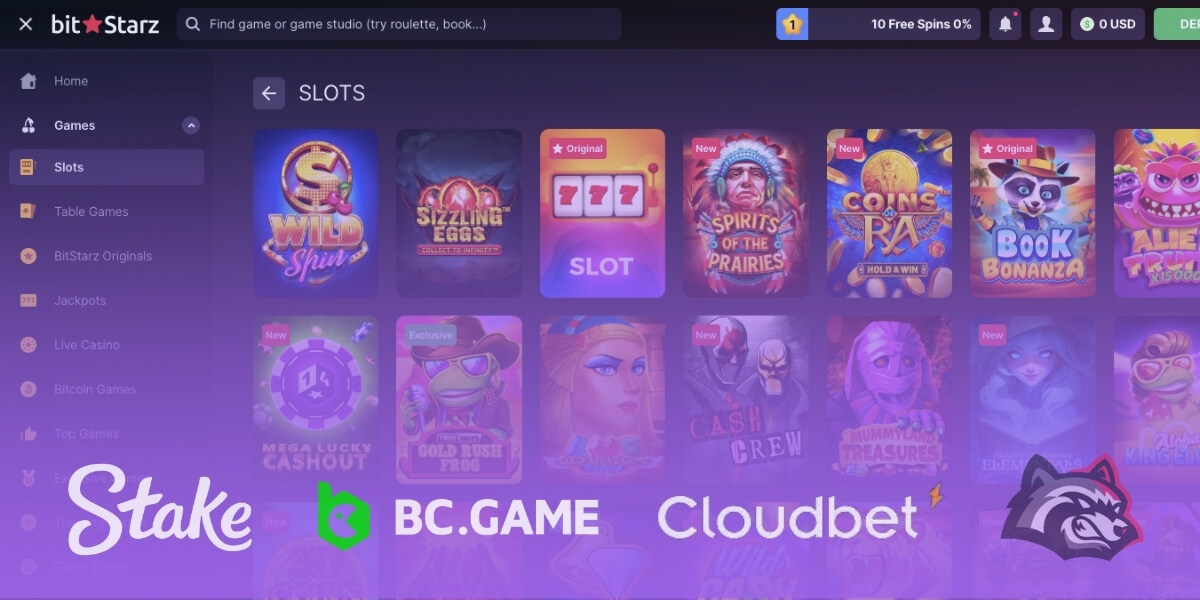
Online & Crypto Gambling Regulations in Asia
Asian countries take different views regarding crypto gambling regulation and gambling regulation.
This article contains a detailed overview of crypto gambling legislation across Asia, including:
- How specific markets are regulated
- Pending laws
- The future of the gambling industry per country
So, without further ado, let’s check out the data!
Disclaimer: Our team last fact-checked this article on October 14, 2024. Please note that legal frameworks related to gambling and digital currencies are subject to change.
Afghanistan
Online Gambling Status: Illegal
Crypto Gambling Status: Illegal
The Taliban, who are in power in Afghanistan, has ordered judges to impose their interpretation of the Sharia Law, which completely bans all forms of gambling. What’s more, the group has banned cryptocurrencies altogether,
Bahrain
Online Gambling Status: Illegal
Crypto Gambling Status: Illegal
All forms of gambling in Bahrain are illegal, per Chapter 6, Article 308 of Bahrain’s Penal Code. Expatriates are also forbidden from engaging in any form of gambling.
Conversely, Bahrain implemented the so-called Crypto-assets (“CRA”) Module in March 2023, and the Central Bank of Bahrain has broadened the scope of the framework to include Digital Token Offerings which will be regulated by the CBB if they exhibit the characteristics of securities.
Bangladesh
Online Gambling Status: Illegal (except horse racing and lottery)
Crypto Gambling Status: Illegal
As the world’s second-largest Muslim country, Bangladesh prohibits all forms of gambling. The primary law surrounding gambling is The Public Gambling Act of 1867, which is still in power. The law was amended to clarify lottery prize bonds as not gambling and add a 21% tax on 21% tax charge to horse riding totes and bookies.
Regardless of the law, online gambling in Bangladesh seems alive and well, with players resorting to offshore gambling sites and using cryptocurrencies to fund their gambling adventures.
However, according to the Bangladesh Bank and its National Blockchain Strategy, Blockchain trading and the use of cryptocurrencies are not allowed.
Bhutan
Online Gambling Status: Illegal (except for the National Lottery)
Crypto Gambling Status: Illegal
According to Bhutan’s Penal Code, all forms of gambling are illegal. The Third Druk Gyalpo banned it by royal decree, and the National Assembly passed a resolution in 1967 banning it completely.
Still, there have been reports of online gambling in the country, stating that 1 in 20 Bhutanese engage in online gambling, largely through the use of cryptocurrency, which, too, is not explicitly regulated. However, many Bhutanese engage in crypto mining and have turned to crypto for investments.
Brunei
Online Gambling Status: Illegal
Crypto Gambling Status: Illegal
Brunei is another predominantly Muslim country, and as such, bans all forms of gambling. The Brunei Darussalam Central Bank (BDCB) has stated that cryptocurrencies, which many in the country use for gambling on offshore platforms, are not legal tender, but holding and trading in cryptocurrencies is permitted.
Cambodia
Online Gambling Status: Legal
Crypto Gambling Status: Illegal
Cambodia promulgated the Law on the Management of Commercial Gambling in November 2020 to regulate commercial and casino gambling in the country, overturning the previous Law on Suppression of Gambling dated January 26, 1996.
However, online gambling is banned in the country. Moreover, cryptocurrencies, which are normally used to fund online gambling, are also illegal to trade, hold, and create in Cambodia.
China
Online Gambling Status: Illegal (except in Macau and state-owned national lotteries)
Crypto Gambling Status: Illegal
Gambling in mainland China is prohibited by law. However, the country’s legislation allows for Macau to host casinos, and it has since become the Las Vegas of Asia.
However, many instances of mirror gambling sites that host online casinos and sports betting have been recorded. In 2021, the country issued a blanket ban on cryptocurrency trading and mining.
India
Online Gambling Status: Illegal (except in states Goa, Sikkim, Daman, Meghalaya, and Nagaland)
Crypto Gambling Status: Legal
Gambling in India is regulated according to the Public Gambling Act from 1867, which, although outdated, is still in power. The law mandates that all forms of gambling are illegal in India. However, certain states such as Goa, Sikkim, Daman, Meghalaya, and Nagaland facilitate land-based and online gambling.
As for cryptocurrencies, there have been several legislative initiatives to regulate the industry. The Cryptocurrency Bill 2021 was one of them, and at a recent G20 meeting, India again voiced its support for global regulation of digital assets and currencies.
Indonesia
Online Gambling Status: Illegal
Crypto Gambling Status: Illegal
Gambling in Indonesia is banned in all of its forms. However, the country allows the use of cryptocurrencies as a means of investing in assets, not as a means of payment. In fact, the country has recently launched a national crypto asset bourse to help investors get transaction records and greater insight into the industry.
Iran
Online Gambling Status: Illegal
Crypto Gambling Status: Illegal
All forms of gambling are illegal in Iran. The government has stepped up efforts to clamp down on illegal online gambling, with the Central Bank of Iran (CBI) claiming to have blocked over 60% of gambling-related transactions.
On the other hand, the situation with cryptocurrencies is incredibly favorable. Namely, in 2019, Iran recognized cryptocurrency mining and is one of the few countries that use cryptocurrencies as a means for paying for imports and exports, which helps the country circumvent international financial sanctions.
Iraq
Online Gambling Status: Illegal
Crypto Gambling Status: Illegal
According to Iraq’s 1969 Penal Code, gambling is illegal and prohibited, including online gambling, although such is not explicitly mentioned in the Penal Code. The ban extends to cryptocurrencies as well, especially after the Iraqi Central Bank prohibited the use of cryptos in 2017.
Israel
Online Gambling Status: Illegal (except the National Lottery and sports betting)
Crypto Gambling Status: Illegal
Gambling in casinos and online casinos, in general, is banned in Israel. The only forms of permitted gambling include the National Lottery and sports wagering. The local ISPs are required to block domains from offshore casinos targeting Israelis.
On November 14, 2021, Israel’s new AML order regarding crypto transactions went into full effect, demanding the registration of all legal entities that provide transaction services.
Japan
Online Gambling Status: Legal (in designated areas)
Crypto Gambling Status: Legal
Japan passed a new gambling law in 2018 which would see the establishment of integrated casino resorts in Osaka in 2029. Online casinos remain outlawed. In terms of sports betting, only horse racing, motorbike racing, bicycle racing, and motorboat racing operated by government-approved operators are legal.
Cryptocurrency transactions in Japan have been made legal via the Payment Services Act, and there are no restrictions on using cryptos. Note that AML crypto regulations are also in power.
Jordan
Online Gambling Status: Illegal
Crypto Gambling Status: Illegal
All forms of gambling are illegal and banned in Jordan under the 1960 Penal Code of Jordan and the Sharia Law. The country has also imposed a ban on cryptocurrencies and digital assets.
Kuwait
Online Gambling Status: Illegal
Crypto Gambling Status: Illegal
Kuwait bans all types of gambling, as per the Kuwait Penal Code. However, the offshore gambling scene is thriving in Kuwait. Any transactions involving cryptocurrencies are also banned in Kuwait.
Kyrgyzstan
Online Gambling Status: Legal
Crypto Gambling Status: Illegal
The legislators passed a bill titled “On Gambling in the Kyrgyz Republic” in 2022, which effectively legalizes casinos and sports betting in both land-based and online forms. However, all gambling options will be available for foreign players.
Last year, Kyrgyzstan implemented a law on “Virtual Assets,” which defines the rules for crypto exchanges and holders of such assets. Still, you can’t use Bitcoin as a legal tender in the country.
Laos
Online Gambling Status: Illegal (approved only in Special Economic Zones)
Crypto Gambling Status: Illegal
Citizens of Laos are not allowed to gamble in casinos approved in Special Economic Zones. Widespread gambling is off-limits, including online gambling. Nonetheless, the country is looking to regulate online gambling in a similar fashion as Philippine Offshore Gaming Operators (POGOs), where operators will be licensed in Laos but would target players from other countries.
The country has authorized the mining and trading of cryptos, issuing clear rules about exchanges and users. Cryptocurrencies are not legal tender in the country and can’t be used for gambling.
Lebanon
Online Gambling Status: Legal
Crypto Gambling Status: Illegal
Lebanon offers legal land-based and online gambling. However, Casino di Liban is the only brick-and-mortar and online casino in the country. La Libanaise Des Jeux is the sole provider of lottery in the country. In 2018, the country issued a partial ban on cryptocurrencies and exchanges.
Malaysia
Online Gambling Status: Illegal (except on sweepstakes, horse racing in the three turf clubs, and at a Resorts World Genting highland resort casino)
Crypto Gambling Status: Illegal
As a predominantly Muslim country, Malaysia has a widespread ban on gambling, except on d horse racing which was legalized by the Racing Act in 1961 and the state lotteries, under the Lotteries Act of 1952. Sports betting is banned in all of its forms, while the only casino resort in the country is Resorts World Genting.
In 2019, Malaysia legalized digital currencies and tokens as securities and their trade. In fact, in 2022, Malaysia’s Communication Ministry proposed Bitcoin be recognized as a legal transfer, but the motion was ruled out.
Maldives
Online Gambling Status: Illegal
Crypto Gambling Status: Illegal
Gambling is prohibited in the Maldives. The country has also banned the use of cryptocurrencies for valid business transactions. Maldives Monetary Authority (MMA) issued a ban on cryptocurrency, but despite the ban, some hotel resorts, like the ones owned by the brand Soneva accept payments in Bitcoin and Ethereum.
Mongolia
Online Gambling Status: Illegal (except for the lottery)
Crypto Gambling Status: Illegal
All forms of gambling are illegal in Mongolia, except the National Lottery. However, the government is working on a new bill that would legalize casinos in a bid to boost the country’s economy.
Crypto exchanges and trading are legal in Mongolia, according to the Virtual Property Service Providers (VPSP law), which came into effect on December 17, 2021.
Myanmar
Online Gambling Status: Legal (for foreign citizens)
Crypto Gambling Status: Illegal
Under the Gambling Law of 2019, only foreign citizens can gamble in the country’s casino resorts. Online gambling is prohibited, and so are cryptocurrencies.
Nepal
Online Gambling Status: Legal (for foreign nationals only)
Crypto Gambling Status: Illegal
According to the Gambling Act of 1963, casino gambling is banned for Nepalese citizens but approved for foreign nationals. Online gambling is not explicitly banned, but since it falls under the general concept of gambling, it may be deemed illegal. Crypto trading and mining are also illegal in Nepal, as per the Nepal Rastra Bank (NRB).
North Korea
Online Gambling Status: Illegal (except for horse racing and two casinos for foreigners)
Crypto Gambling Status: Illegal
The only legal form of gambling in the country is betting on horse races using a raffle-based system. Two brick-and-mortar casinos exist — the Imperial Hotel & Casino in Rason and the Yanggakdo International Hotel in Pyongyang.
There are no laws in North Korea regulating cryptocurrencies, although its hackers have been accused of having stolen hundreds of millions in cryptos.
Oman
Online Gambling Status: Illegal
Crypto Gambling Status: Illegal
Gambling is illegal in Oman. As for cryptocurrencies, the country has yet to issue licenses for virtual asset service providers (VASPs) and regulate the market.
Pakistan
Online Gambling Status: Illegal
Crypto Gambling Status: Illegal
All forms of gambling in Pakistan are banned as per the Prevention of Gambling Act and the Pakistan Penal Code, which is to be expected from a Muslim country and Islamic law. Cryptocurrencies are also illegal in the country.
Philippines
Online Gambling Status: Legal
Crypto Gambling Status: Legal
Gambling in the Philippines is legal and regulated according to the series of Presidential Decrees (No.1602, 1869) and Republic Acts (No.7992, No.10083, and No.9728). The Philippine Amusement and Gaming Corporation (PAGCOR) is the chief regulator of gambling in the country, issuing licenses to Philippines offshore gaming operators, or POGOs.
The Philippines Securities and Exchange Commission (SEC) is yet to publish a legal framework on the crypto industry.
Qatar
Online Gambling Status: Illegal
Crypto Gambling Status: Illegal
All forms of gambling are banned in Qatar. Cryptocurrencies are also restricted as per the country’s Qatar Financial Center (QFC).
Saudi Arabia
Online Gambling Status: Illegal
Crypto Gambling Status: Illegal
Gambling is strictly prohibited in Saudi Arabia, and all financial institutions in the country are banned from processing crypto payments.
Singapore
Online Gambling Status: Legal
Crypto Gambling Status: Legal
Singapore has legalized sports betting and casino gambling. Remote gambling is regulated under the Remote Gambling Act (RGA), enacted in 2014. The Gambling Regulatory Authority (GRA) is in charge of overseeing the industry. Singapore also recognizes crypto assets as property and has recently finalized rules for regulations of stablecoins.
South Korea
Online Gambling Status: Legal (only for foreign nationals)
Crypto Gambling Status: Illegal
South Korea is home to 17 land-based casinos catering to foreigners. Locals are not allowed to gamble. Online gambling is prohibited.
Recently, the country’s legislators passed a Virtual Asset User Protection Act, the first comprehensive legal framework for the use of cryptocurrencies and digital assets, but these can’t be used for legal gambling.
Sri Lanka
Online Gambling Status: Legal
Crypto Gambling Status: Illegal
Casino gambling in Sri Lanka is regulated according to Casino Business (Regulation) Act 17 of 2010. Online gambling, including sports betting, is not allowed. Cryptocurrencies are largely unregulated in the country, but the Central Bank of Sri Lanka has warned against the use of crypto.
Syria
Online Gambling Status: Illegal
Crypto Gambling Status: Illegal
Gambling is outlawed in Syria completely. There are no explicit crypto laws either.
Tajikistan
Online Gambling Status: Illegal
Crypto Gambling Status: Legal (unofficially)
Gambling is illegal in Tajikistan, whereas cryptocurrencies remain in the gray area, given how there are no explicit laws banning or allowing the use of cryptos.
Thailand
Online Gambling Status: Legal (only horse betting and lottery)
Crypto Gambling Status: Illegal
Under the Gambling Act of 1935, land-based casinos are banned in Thailand. However, the government seems to be musing on the potential legalization of casino gambling as a way to bolster tourism. The only form of legal betting in the country is betting on horse racing and the National Lottery. Thai SEC has also banned crypto lending services and the overall use of cryptos as a method of payment.
Timor-Leste
Online Gambling Status: Legal (only lottery games, cock fighting, and traditional fair gambles)
Crypto Gambling Status: Legal
Timor-Leste has made all forms of gambling illegal, except for lottery games, cock fighting, and traditional fair gambles like “Kuro Kuro” and “Bola Guling.” as per Decree-Law no. 6/2009. The country has not yet released any rules and regulations regarding cryptocurrencies.
Turkmenistan
Online Gambling Status: Legal
Crypto Gambling Status: Legal
Casino gambling and sports betting are legal in Turkmenistan, according to the Law “On Licensing of Certain Types of Activities” and law “On Advertising” from 2008 and 2016, respectively. Only international bookies can run betting shops. No online gambling is permitted.
Cryptocurrencies are not regulated under any specific legal framework and remain in the grey area.
United Arab Emirates (UAE)
Online Gambling Status: Illegal
Crypto Gambling Status: Illegal
Gambling is illegal in the UAE on religious grounds. However, in September 2023, the UAE introduced a new regulatory body to oversee gaming and analyze the potential of a national lottery and commercial gaming. So it looks like things may very well change in the country.
Even though you can’t use crypto for gambling, the country has been at the forefront of the crypto revolution, with the Dubai Financial Services Authority (DFSA) already accepting cryptocurrency payments, such as Bitcoin (BTC), Ethereum (ETH), and Tether (USDT).
Uzbekistan
Online Gambling Status: Illegal
Crypto Gambling Status: Illegal
In Uzbekistan, all forms of gambling, except the lottery, are banned. The efforts to legalize sports betting in 2019 failed, so there are no legal gambling sites in the country. In terms of cryptocurrency, Uzbeks can buy crypto on licensed exchanges.
Even though cryptos can’t be used for legal gambling, Kapital Bank and Ravnaq Bank are the only two banks that can provide users with plastic crypto cards powered by Mastercard that will be connected to their bank accounts, thus giving them access to a crypto exchange and an automated exchange mechanism.
Vietnam
Online Gambling Status: Legal (only for foreign nationals)
Crypto Gambling Status: Illegal
Vietnam casinos mostly allow foreigners to gamble. The country’s tough stance is also visible in the use of cryptos. Namely, cryptocurrencies are not recognized as either assets or currencies.
Yemen
Online Gambling Status: Illegal
Crypto Gambling Status: Illegal
In a country plagued by wars, all forms of gambling are banned. Cryptocurrencies are also banned, even though the Houthi militant group has developed its own cryptocurrency.
Final Thoughts
Outside of Asia and wondering whether your own country allows crypto gambling? We’ve already got guides for:








































































































































































